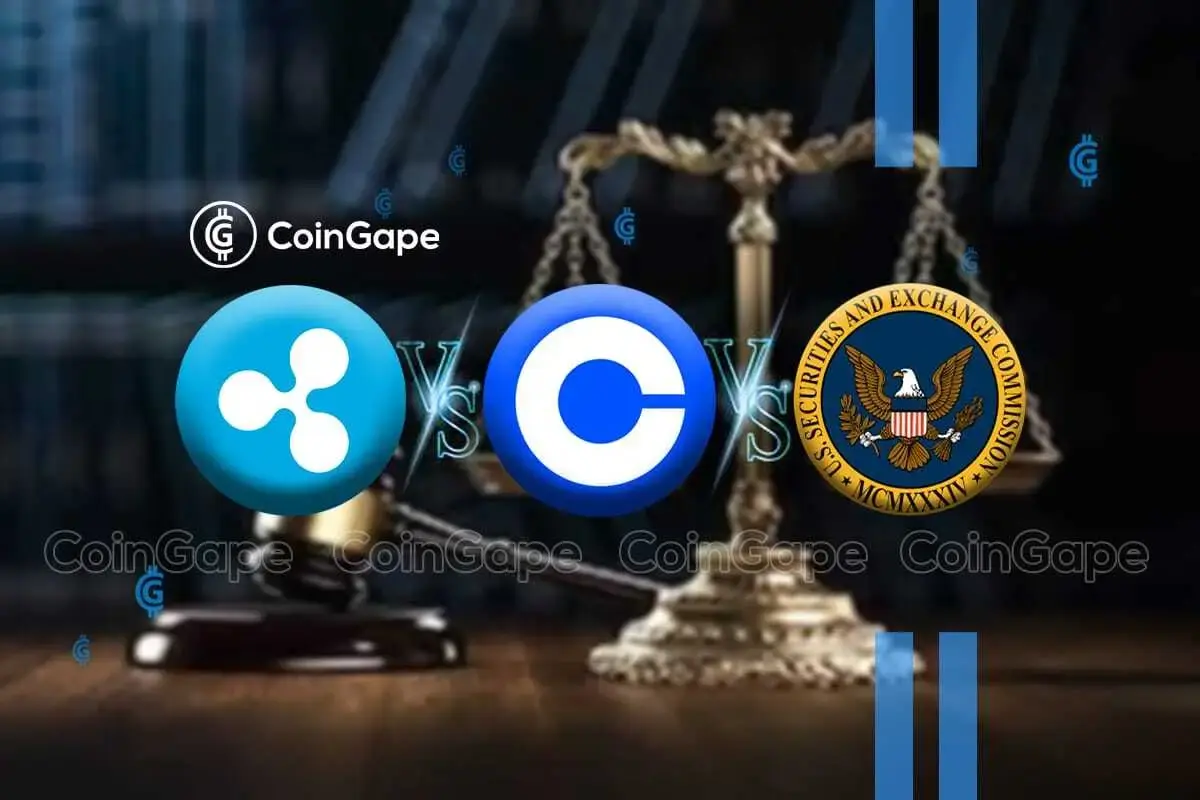Ripple vs. SEC Lawsuit: A Detailed Analysis of the Legal Battle
The cryptocurrency market has been a hotbed of regulatory activity in recent years, with the U.S. Securities and Exchange Commission (SEC) taking a particularly active role. One of the most high-profile cases involves Ripple Labs, the company behind the Ripple cryptocurrency (XRP), and its executives. In late 2020, the SEC filed a lawsuit against Ripple, alleging that the sale of XRP was an unregistered securities offering, totaling over $1.3 billion.
Background of the Case
Ripple was founded in 2012 as a payment technology company, but it gained significant attention when it launched its XRP token in 2013. XRP was designed to be a faster and cheaper alternative to Bitcoin and other cryptocurrencies, and it quickly gained popularity within the crypto community. However, the SEC’s position has been that XRP is a security, not a currency, due to its centralized issuance and control by Ripple.
Comparing Ripple and Coinbase Cases
It’s important to note that the Ripple case is distinct from the ongoing legal battle between the SEC and Coinbase, the popular cryptocurrency exchange. In December 2020, the SEC sent Coinbase a Wells Notice, warning the company that it may be in violation of securities laws for listing certain digital assets. However, the Ripple case predates this action, and experts believe that the two cases have different complexities.
One key difference is the timing of the SEC’s actions. In the Coinbase case, the SEC has yet to bring formal charges, and the company has publicly stated that it intends to fight the allegations. In contrast, the Ripple lawsuit has already been filed, and the company and its executives have been named as defendants.
Legal Challenges Facing Ripple
The legal challenges facing Ripple are significant. If the SEC is successful in its lawsuit, it could set a precedent for other cryptocurrencies and their issuers. Moreover, the case could result in Ripple being required to register XRP as a security, which would involve extensive regulatory compliance and reporting requirements.
Furthermore, Ripple’s case may face unique challenges due to the nature of XRP. Unlike Bitcoin and Ethereum, which are decentralized and have no single issuer, XRP is issued and controlled by Ripple. This centralized structure could make it more susceptible to securities laws, as it more closely resembles traditional securities.
Impact on the Crypto Market
The outcome of the Ripple case could have significant implications for the crypto market as a whole. If the SEC is successful in its lawsuit, it could lead to increased regulatory scrutiny of other cryptocurrencies and their issuers. This could result in a chilling effect on investment and innovation in the crypto space.
On the other hand, if Ripple is successful in its defense, it could provide a legal framework for other cryptocurrencies to operate within the regulatory environment. This could lead to greater clarity and stability in the crypto market, as well as increased institutional investment.
Personal Impact
For individual investors, the outcome of the Ripple case could have significant implications for their crypto holdings. If XRP is deemed a security, it could result in significant losses for those who have purchased it as an investment. Conversely, if Ripple is successful in its defense, XRP holders could see significant gains.
Moreover, the case could impact the broader crypto market, as regulatory uncertainty can lead to market volatility and uncertainty. It’s important for investors to stay informed about the latest developments in the case and to consult with financial advisors before making any investment decisions.
Conclusion
The Ripple vs. SEC lawsuit is a significant development in the ongoing regulatory saga of the cryptocurrency market. The outcome of the case could have far-reaching implications for Ripple, the crypto market, and individual investors. As the case unfolds, it’s important for all parties to stay informed and to consult with legal and financial professionals for guidance.
- Ripple is a payment technology company that launched the XRP cryptocurrency in 2013
- The SEC alleges that the sale of XRP was an unregistered securities offering, totaling over $1.3 billion
- The case is distinct from the ongoing legal battle between the SEC and Coinbase
- The outcome of the case could set a precedent for other cryptocurrencies and their issuers
- The case could have significant implications for individual investors and the broader crypto market





